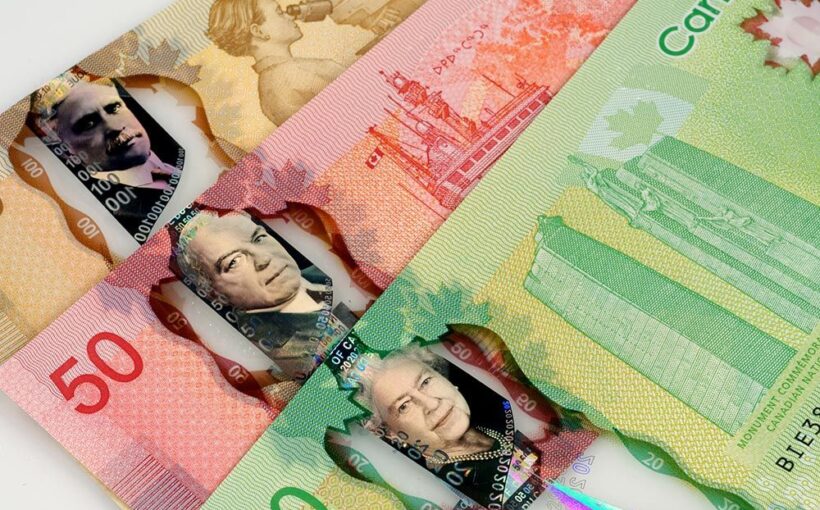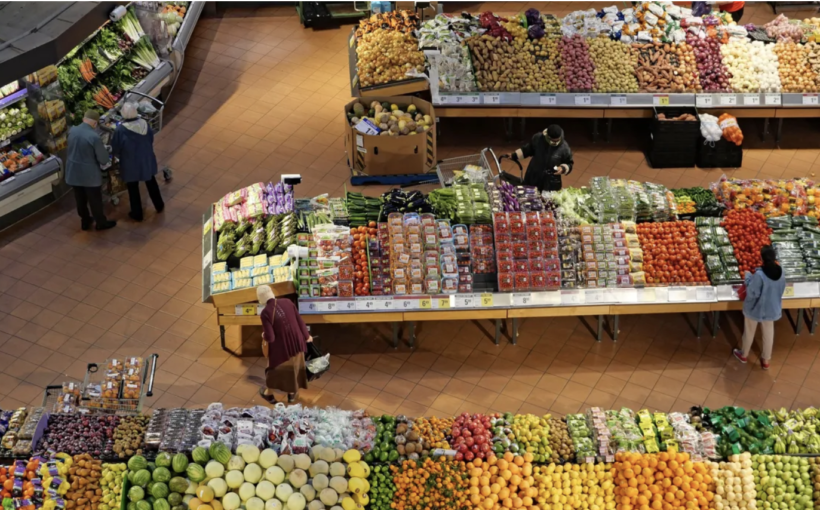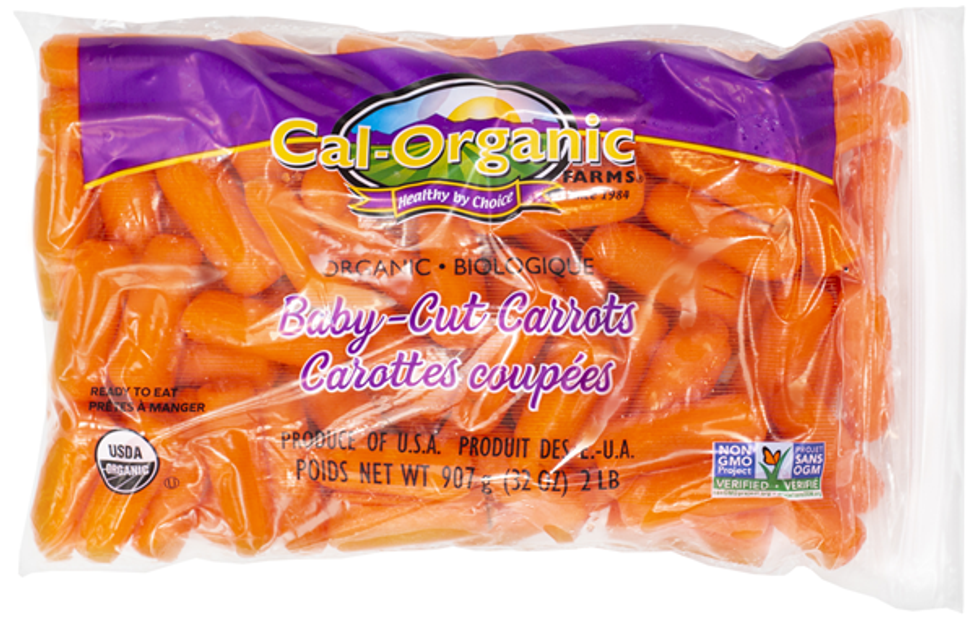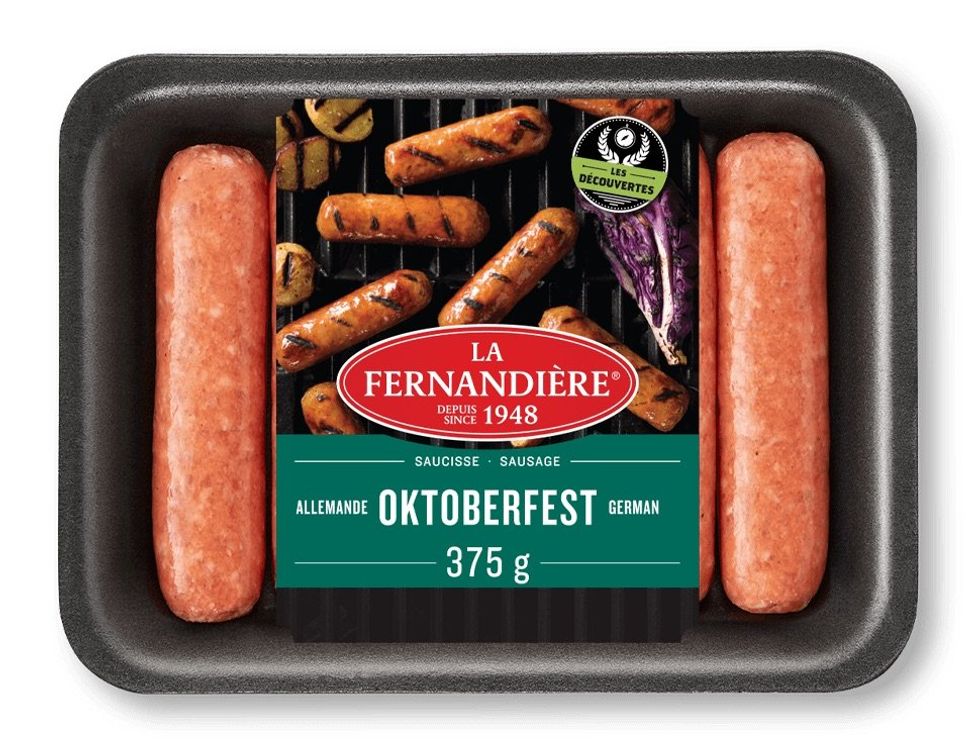
A new year is just around the corner, and so is a fresh wave of government payments Quebecers can receive next month.
If you’re feeling the squeeze post-holidays, these payments from the Canada Revenue Agency (CRA) and Revenu Québec in January can help you kick off 2025 on the right foot, supporting everything from child benefits to pension payments.
January’s lineup includes monthly standbys like the Canada Child Benefit and Old Age Security, as well as quarterly benefits like the Canada Workers Benefit, GST/HST Credit and more from the feds. Plus, eligible Quebecers can look forward to several provincial payments this month, including the Solidarity Tax Credit, the Family Allowance and more.
Here’s everything you need to know about the CRA and Revenu Québec benefit payments for January 2025, from who qualifies to how much you can expect and when the money will land in your account.
Family Allowance
The Family Allowance is a provincial program that offers financial assistance to families with kids under 18, helping cover the costs of raising children. Payments are typically sent out quarterly in January, April, July and October, although families can choose to receive monthly payments instead. Most families with newborns are automatically signed up, but adoptive parents or newcomers to Quebec may need to apply.
How much you can get: The amount you receive depends on factors like the number of children, whether you share custody, your household income and whether you’re a single-parent or two-parent family. It also varies depending on whether you’ve chosen quarterly or monthly payments. The amounts may be increased for 2025, but for 2024:
- The maximum annual payment was $2,923 per child, with an extra $1,026 for single-parent families.
- The minimum annual payment was $1,163 per child, with an additional $409 for single-parent families.
- Families could also receive a $121 supplement per child for school supplies.
Extra assistance is also available for children with disabilities.
Next payment date: January 3, 2025
More about the Family Allowance
Solidarity Tax Credit
The Solidarity Tax Credit is a refundable tax benefit for low- and middle-income individuals and families in Quebec. It helps offset expenses related to housing, the Quebec sales tax (QST) and the higher cost of living for residents in northern villages. Eligibility and the amount you qualify for are based on your family income and situation as of December 31 of the previous year. For the 2024 payment year, maximum income thresholds ranged from $61,500 for single individuals to $67,067 for couples, with an extra $2,517 added for each dependent child.
How much you can get: The credit is made up of three components: housing, QST and northern villages. To estimate your total payment, you can use Revenu Québec’s Solidarity Tax Credit Payments Estimator.
The payment schedule depends on the total amount you qualify for:
- $240 or less is paid as a lump sum in July.
- $241 to $799 is divided into four payments (July, October, January and April).
- $800 or more is paid monthly.
Next payment date: January 3, 2025
More about the Solidarity Tax Credit
GST/HST Credit
The GST/HST Credit is a tax-free quarterly payment designed to help individuals and families with low or modest incomes recover some of the federal sales tax they’ve paid. This payment can also include additional support from provincial and territorial programs. Eligibility is automatically assessed when you file your taxes with the CRA.
To qualify, you generally need to be at least 19 years old. However, if you’re younger than 19, you could still be eligible if you have (or had) a spouse or common-law partner, or if you are (or were) a parent living with your child. You must also be a Canadian resident for income tax purposes both the month before and at the beginning of the month when the payment is made.
How much you can get: The amount you get depends on your adjusted family net income and the number of children you have. For the January 2025 quarterly payment, you could receive up to
- $129.75 if you’re single
- $170 if you’re married or have a common-law partner
- An additional $44.75 for each child under 19
Next payment date: January 3, 2025
More about the GST/HST Credit
Shelter Allowance
The Shelter Allowance Program offers monthly financial support to low-income individuals and families in Quebec who spend a large portion of their income on housing. This assistance is available to tenants, homeowners and boarders. The amount you receive is based on your household income, living situation and how much of your income goes toward housing costs.
How much you can get: From October 1, 2024, to September 30, 2025, eligible participants can receive up to $170 per month. If you apply during this timeframe, your first payment will include retroactive amounts backdated to October 1, 2024, covering any support you’ve qualified for since then.
Next payment date: Within the first five days of January 2025
More about the Shelter Allowance
Advanced Canada Workers Benefit
The Canada Workers Benefit (CWB) is a refundable tax credit designed to support low-income individuals and families, offering a basic amount and a disability supplement that can be claimed when you file your taxes.
Through the Advanced Canada Workers Benefit (ACWB) program, eligible individuals can receive advance payments of up to 50% of their annual CWB allotment, split into three installments. To qualify, you must have earned income below your province or territory’s threshold, be a Canadian resident for the entire year, and be at least 19 years old by December 31, or live with a spouse, common-law partner or dependent child.
How much you can get: The maximum annual basic CWB is $1,518 for singles and $2,616 for families, with an additional $784 for the disability supplement — although residents of Quebec, Nunavut and Alberta may receive different amounts.
For the January 2025 payment, eligible recipients could receive:
- Up to $253 if you’re single
- Up to $436 if you have a spouse or common-law partner
- An additional $130.66 if you qualify for the disability supplement
Next payment date: January 10, 2025
More about the Canada Workers Benefit
Public sector pension plans (RREGOP, RRPE, etc.)
Retired public sector employees in Quebec who are part of plans like RREGOP or RRPE receive their pensions monthly for life. Payments are deposited on the 15th of each month, or the nearest business day if the 15th falls on a weekend or holiday. For those receiving their pension by cheque instead of direct deposit, cheques are mailed no later than 48 hours before the scheduled payment date.
Next payment date: January 15, 2025
Canada Child Benefit
The Canada Child Benefit (CCB) is a monthly tax-free payment that helps families manage the expenses of raising kids. Delivered by the Canada Revenue Agency, the benefit also includes additional financial aid for families with children who have disabilities.
To qualify for the CCB, you need to live with a child under 18 and be responsible for their care. You must also be a Canadian resident for tax purposes, and either you or your spouse must meet certain residency requirements, like being a Canadian citizen or permanent resident.
How much you can get: The amount you receive depends on your family’s income, how many children you have and their ages. Families with a 2023 adjusted net income below $36,502 qualify for the maximum payments. This includes up to $648.91 monthly per child under 6 and up to $547.50 per month for children aged 6 to 17. Payments decrease as income rises.
If your child has a disability that makes you eligible for the Child Disability Benefit, that amount will be included with your CCB payment as well.
Next payment date: January 20, 2025
More about the Canada Child Benefit
Old Age Security
The Old Age Security (OAS) pension provides a monthly financial boost to Canadians aged 65 and over, helping with the cost of everyday living. You could be eligible for OAS even if you’re still employed or have never worked.
To be eligible, you must be at least 65 years old and have spent at least 10 years living in Canada after the age of 18. If you reside outside Canada, a minimum of 20 years of Canadian residency is required. Most people are automatically enrolled, but if you don’t receive an enrollment letter from Service Canada in the month after your 64th birthday, you may need to apply manually.
How much you can get: From January to March 2025, the maximum monthly OAS payment is $727.67 for those aged 65 to 74 and $800.44 if you’re 75 or older. These payments are reviewed quarterly to reflect inflation but did not increase this quarter. Additionally, if you turned 75 after July 2022, your OAS payment rises by 10% starting the month after your 75th birthday.
Next payment date: January 29, 2025
More about Old Age Security
Quebec Pension Plan
The Quebec Pension Plan (QPP) provides taxable monthly retirement income for individuals who contributed during their working years. Much like the Canada Pension Plan (CPP), the QPP offers reliable financial support for life. If you’ve worked in both Quebec and other provinces, contributions to the QPP and CPP are combined to determine your pension amount.
How much you can get: Your payment depends on factors like the age you start collecting, how much you contributed and your lifetime earnings. In 2024, the maximum monthly payment for starting QPP at 65 was $1,365, though the average recipient received closer to $682. Starting early at 60 capped the maximum at $873, while delaying until age 72 could increase the maximum to $2,167 per month.
Next payment date: January 31, 2025
More about the Quebec Pension Plan
Veteran Disability Pension
The Veteran Disability Pension is a monthly benefit designed to support veterans living with a disability related to their military service. Eligible groups include Canadian Armed Forces veterans, those who served during the Second World War or the Korean War, and some current or former members of the Royal Canadian Mounted Police (RCMP). Certain civilians who participated in the Second World War may also be eligible.
To qualify, you must have a diagnosed medical condition that is service-related. This pension provides lifetime monthly payments and includes extra support for dependents, such as a spouse or children.
How much you can get: Payment amounts depend on your disability level. Veterans with the highest disability rating (Class 1) can receive a maximum of $3,357.30 per month, plus additional amounts for dependents: $839.33 for a spouse, $436.45 for the first child, $318.94 for the second child and $251.80 for each additional child.
Next payment date: TBA (typically last week of the month)
More about the Veteran Disability Pension
Love this? Check out our MTL Blog noticeboard for details on jobs, benefits, travel info and more!
AI tools may have been used to support the creation or distribution of this content; however, it has been carefully edited and fact-checked by a member of MTL Blog’s Editorial team. For more information on our use of AI, please visit our Editorial Standards page.
















